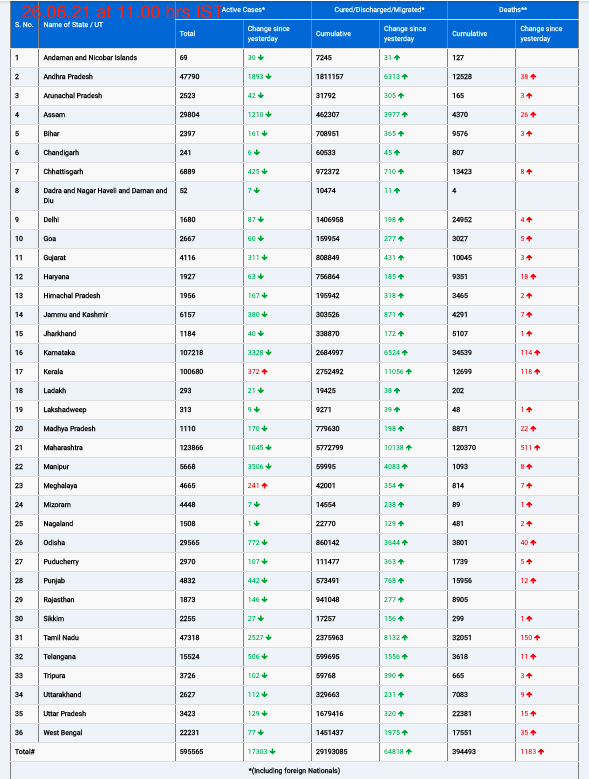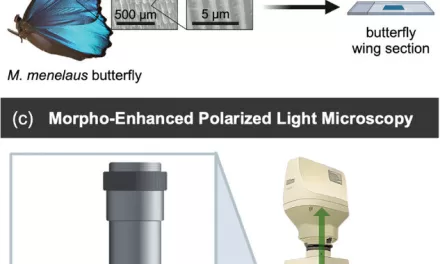A new framework developed by international scientists has set clear, standardized criteria for defining prebiotics, providing a vital step toward improving the consistency of research and regulatory practices in the rapidly growing field. The guidelines, published in Nature Reviews Gastroenterology and Hepatology, aim to help researchers and regulators navigate the complexities of prebiotic science, offering a more structured approach to identifying substances that can be classified as prebiotics.
Coordinated by the International Scientific Association for Probiotics and Prebiotics (ISAPP), the framework is designed to address long-standing challenges in prebiotic research, particularly the need for clear scientific substantiation of health benefits. According to the new recommendations, a substance must meet several essential criteria to be classified as a prebiotic:
- Characterization: The substance must be a well-defined compound.
- Health Benefit: It must offer a measurable health benefit to the host.
- Microbiome Utilization: The compound must be selectively utilized by beneficial microorganisms within the host.
- Effect on the Microbiome: It should have demonstrable effects on the microbiome’s composition or function.
- Mechanism of Action: A plausible biological mechanism must link changes in the microbiome to the observed health benefits.
- Safety: The substance must be safe for its intended use.
The framework also specifies that at least one study on the target host should demonstrate both microbiome modulation and associated health benefits. This ensures that prebiotics are not only effective in altering microbiome dynamics but also lead to tangible improvements in health outcomes.
This new classification aims to streamline the growing body of prebiotic research and provide clarity for regulatory bodies and the commercial sector. By establishing a more rigorous and consistent approach, the framework hopes to support the development of safer, more effective prebiotics and foster confidence in their use.
As the field of microbiome research continues to expand, these guidelines will play a crucial role in advancing our understanding of how prebiotics can improve human health.












